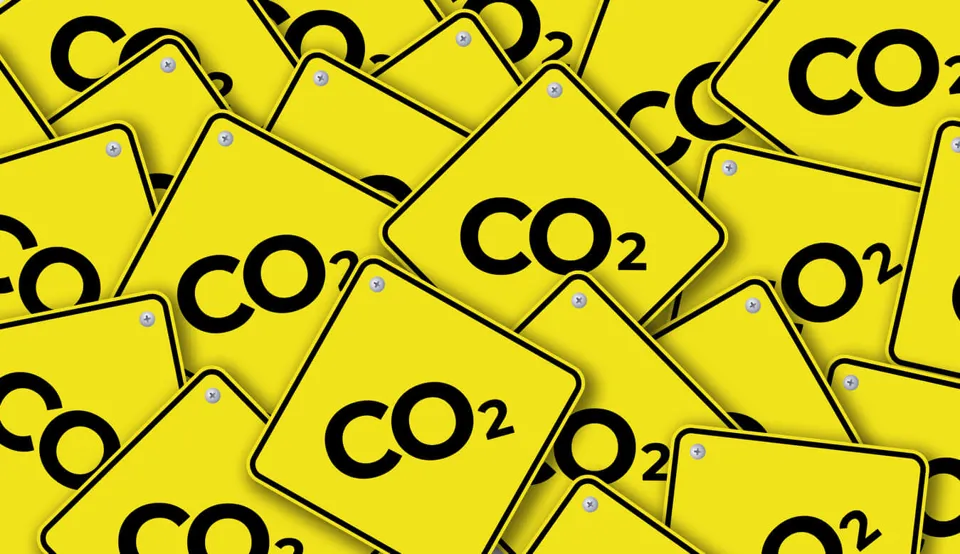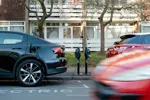The legislative and company car tax focus on cars’ CO2 emissions is diverting attention away from other more harmful tailpipe emissions.
Some 50,000 people a year – 136 people every day – die in the UK from respiratory diseases caused by poor air quality.
That’s 35 times more people than are killed in road traffic crashes each year.
Some 4,300 of those premature deaths will occur annually in London alone due to particulate matter in the air.
Emissions from road transport are a major cause of that poor air quality. But the focus is now almost entirely on tailpipe CO2 emissions, which are having a long-term climatic affect, but are not killing anyone now.
Because of tough legislation on CO2, carmakers have been understandably focussing on reducing carbon emissions rather than all tailpipe emissions, such as particulates, nitrogen oxides (NOx) and hydrocarbons, which are not only contribute to ozone formation but are also carcinogenic.
As a result we are seeing very low CO2-emitting cars that emit huge quantities of other harmful particulates and other chemicals.
For example, a 1.4-litre Fiat 500 Start Stop produces 484mg/km of non-CO2 emissions, which is more than twice as much as a 2.5-litre petrol manual Volvo estate (201mg/km); or take a Volvo S80 1.6-litre diesel, which produces 5% less non-CO2 emissions than a 1.3-litre diesel Toyota Yaris.
While all of the common company cars sit in a relatively small carbon emissions band – typically between 90 and 200g/km - the difference in the amount of harmful emissions produced by these cars is vast – as great as 60 times.
For example a Fiat 500 1.2-litre Pop produces just 3.2mg of NOx, but a Ford Fiesta 1.6-litre Econetic, which produces 14g less of CO2 per km than the Fiat, pumps out 217mg of NOx every km.
Many fleets currently opt for diesel-only cars thanks to their better fuel economy and often lower CO2 emissions. However, on average diesel engines produce some seven times more NOx than petrol engines and only diesel engines produce particulates.
The focus just on CO2 therefore clouds the true picture of tailpipe emissions and may be guiding fleets to buy what they mistakenly believe to be the least polluting cars.
Now Volvo wants company car drivers and car buyers to focus on all tailpipe emissions rather than just CO2.
It has launched a three-point plan aimed at providing car drivers and buyers with a broad range of emissions information - irrespective of marque.

















Login to comment
Comments
No comments have been made yet.